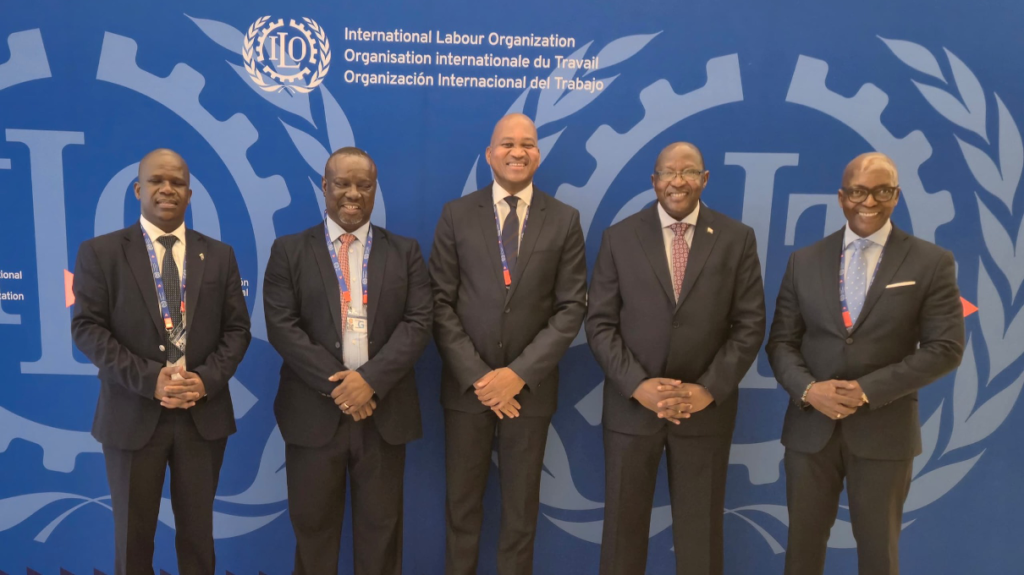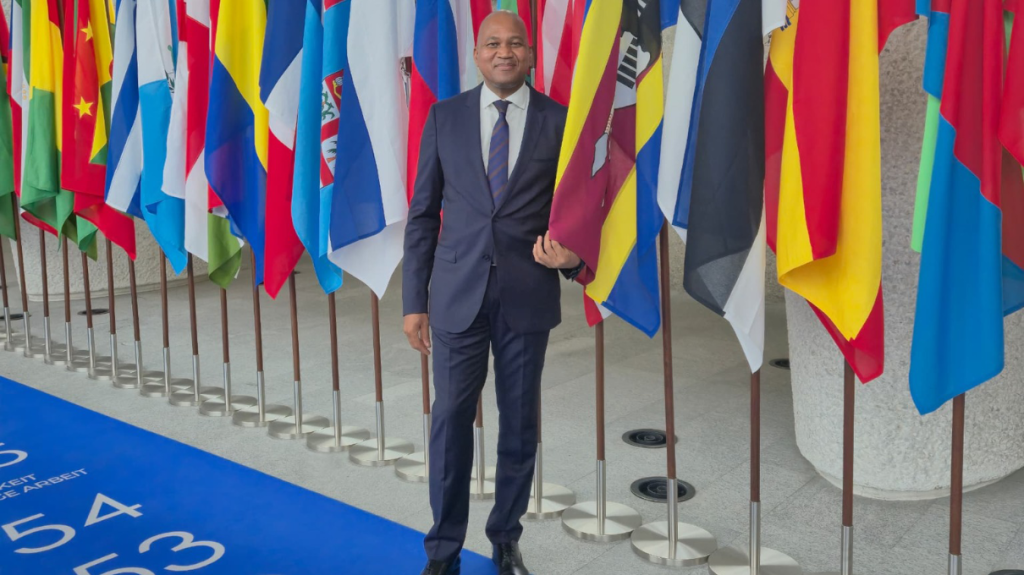
Business Eswatini (BE) has successfully lobbied the International Labour Organization (ILO) to remove Eswatini from the final list of cases to be discussed by the Committee on the Application of Standards (CAS) during the 113th Session of the International Labour Conference (ILC) in Geneva.
This is according to a press statement released by BE on Wednesday, 4 June 2025.
This decisive victory underscores the strength of tripartite engagement in Eswatini and reaffirms the nation’s commitment to resolving labour issues through constructive dialogue rather than international litigation.
The threat of Eswatini being listed for discussion by the CAS loomed large following observations by the ILO’s Committee of Experts on the Application of Conventions and Recommendations (CEACR) regarding compliance with the Tripartite Consultation (International Labour Standards) Convention, 1976 (No. 144).
However, BE swiftly mobilized its advocacy efforts, engaging the International Organisation of Employers (IOE) to rally support for Eswatini’s removal from the CAS agenda.
In a letter to the IOE, BE highlighted the significant progress made in revitalizing Eswatini’s tripartite structures, particularly the Labour Advisory Board (LAB).
The concerns raised—including inconsistent representativity criteria, unclear decision-making procedures, and the absence of enforceable consultation guidelines—are now being addressed through a newly established Tripartite Drafting Committee, comprising government, employers, and workers. This committee is actively formulating Rules of Procedure for the LAB, ensuring fairness, transparency, and legitimacy in social dialogue mechanisms.
As noted by the press statement, the success of this lobbying effort is a testament to the power of social dialogue in Eswatini. Earlier this year, during the Business to Government Forum (B2G), BE’s President had urged social partners to accelerate resolutions to avoid international scrutiny.
His foresight proved pivotal, as the collective efforts of employers, labour, and government convinced the ILO that internal mechanisms were effectively addressing the concerns.
“I couldn’t be more pleased,” said the BE President – Mvuselelo Fakudze. “The spirit of social dialogue amongst us as emaSwati finally won the day. Our unity as a people proved stronger than our differences.”

BE CEO, E.Nathi Dlamini, echoed these sentiments, commending organized labour for standing alongside employers in this critical advocacy effort. “The issues involved are common to both organized labour and employers, and I have no doubt that with government’s commitment, they will be resolved to the satisfaction of all concerned,” he stated.
Reflecting on last year’s challenges, including the instance where BE had to step in to defend the government, Dlamini said the matter was now water under the bridge.
He added, “There’s no future in the past. Our future as social partners lies ahead of us. We must unite to confront the challenges of an ever-evolving industrial landscape.”
